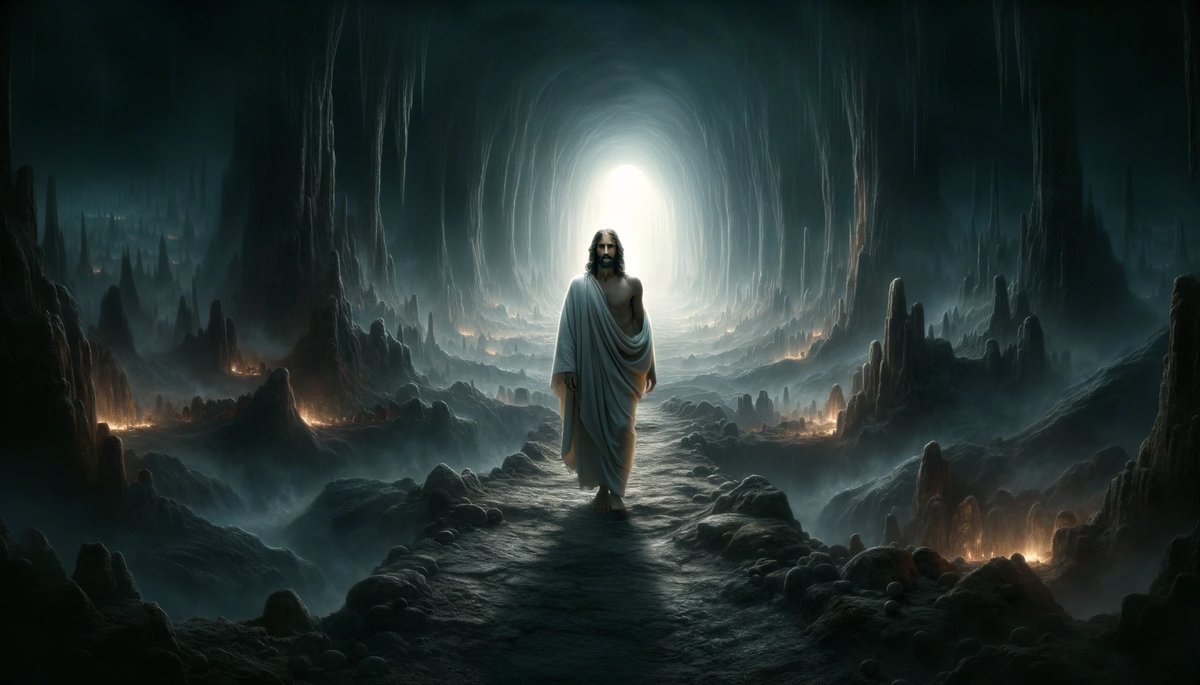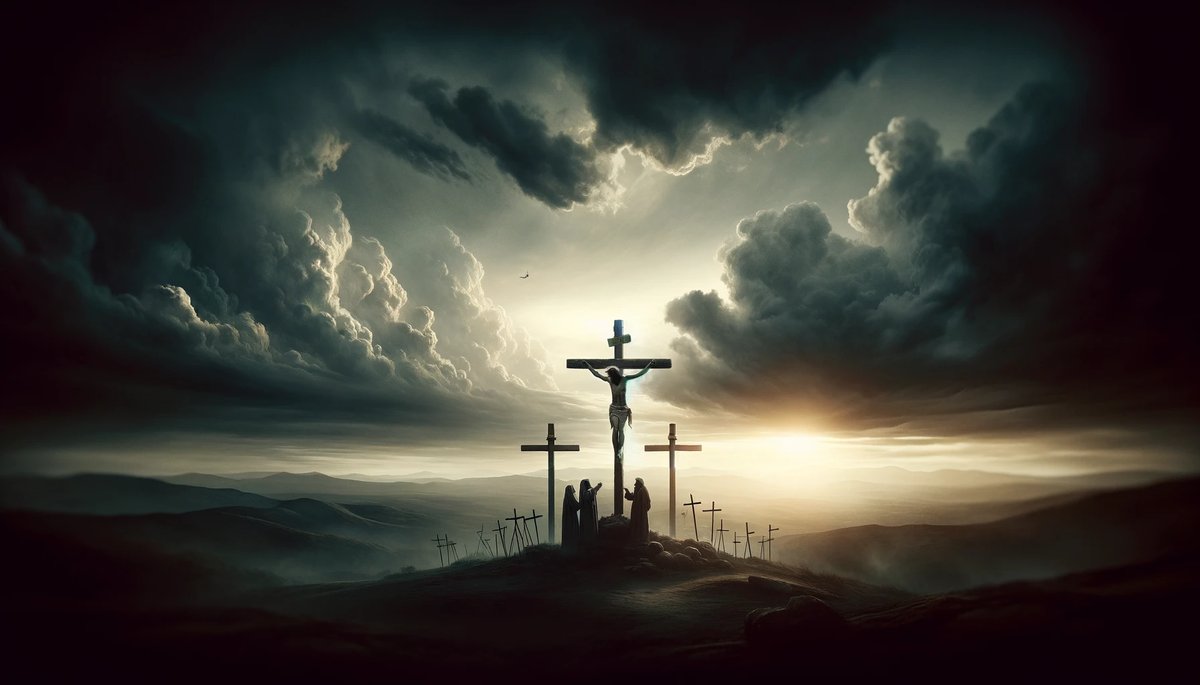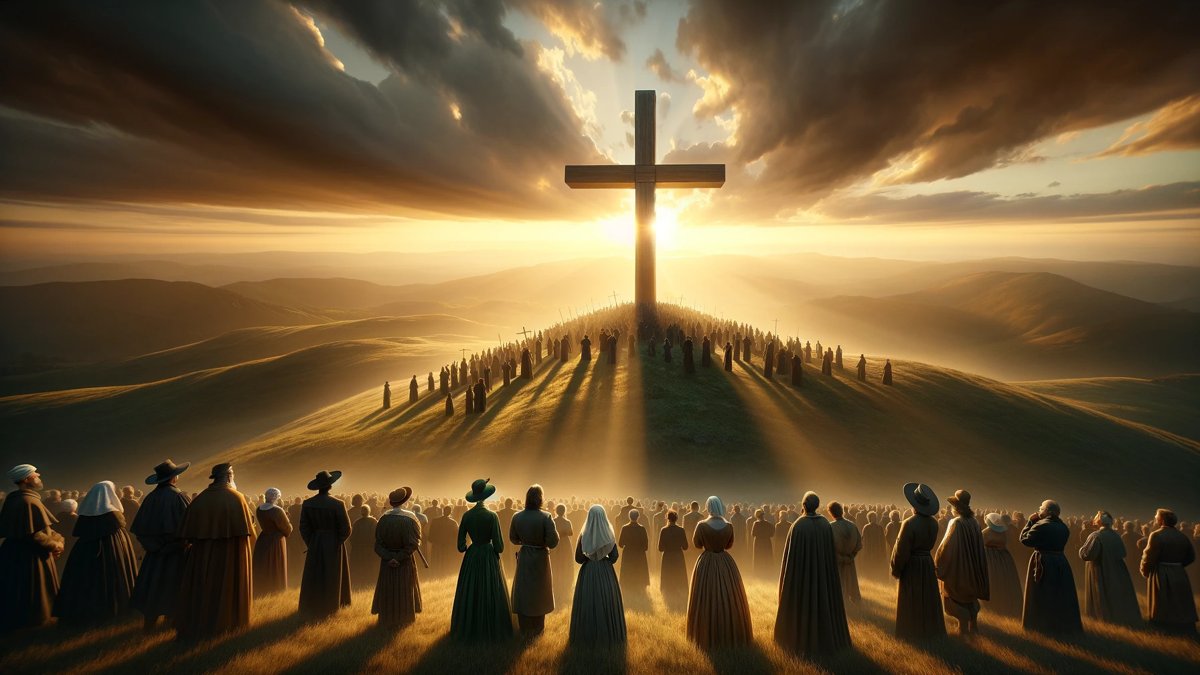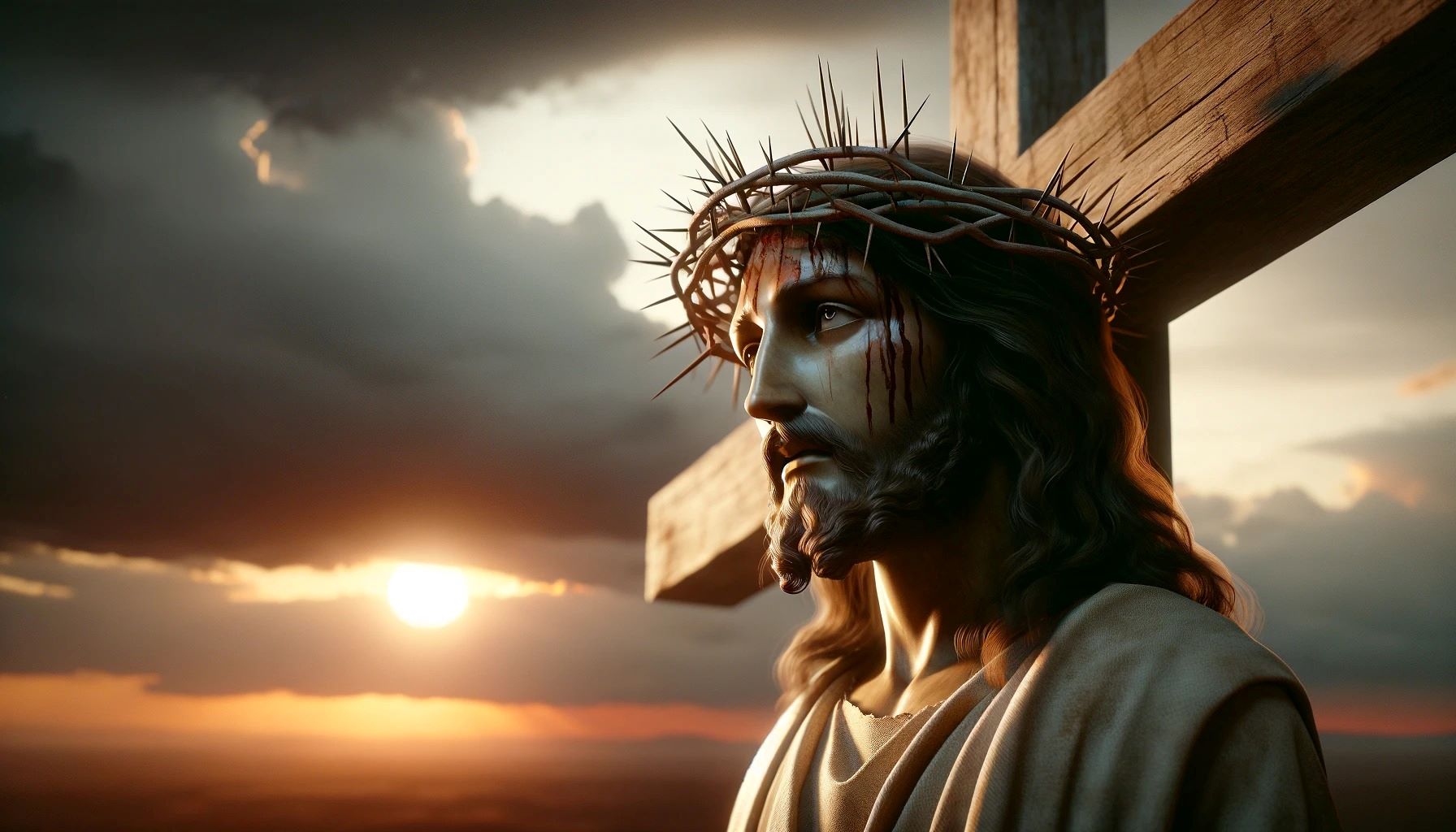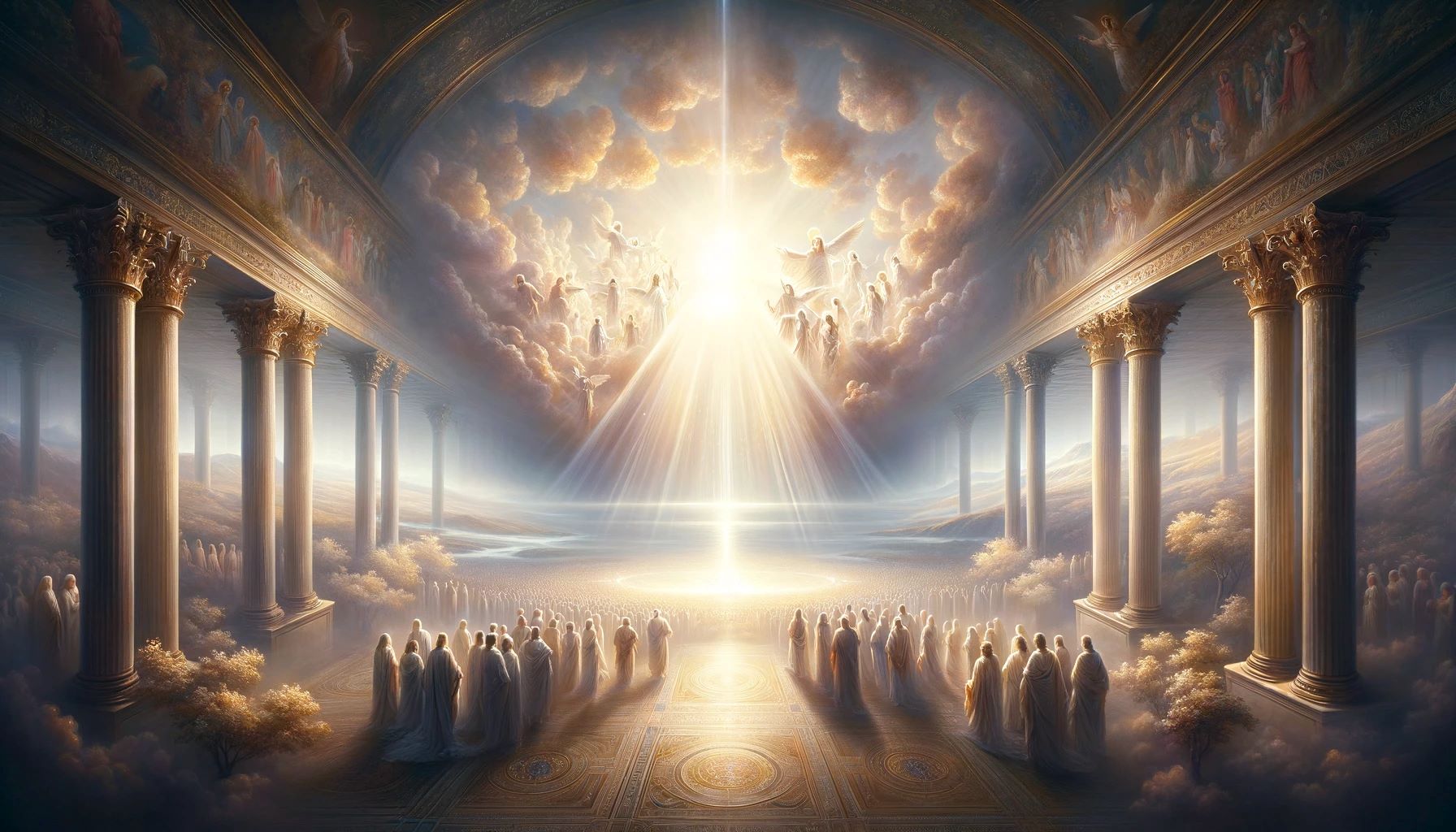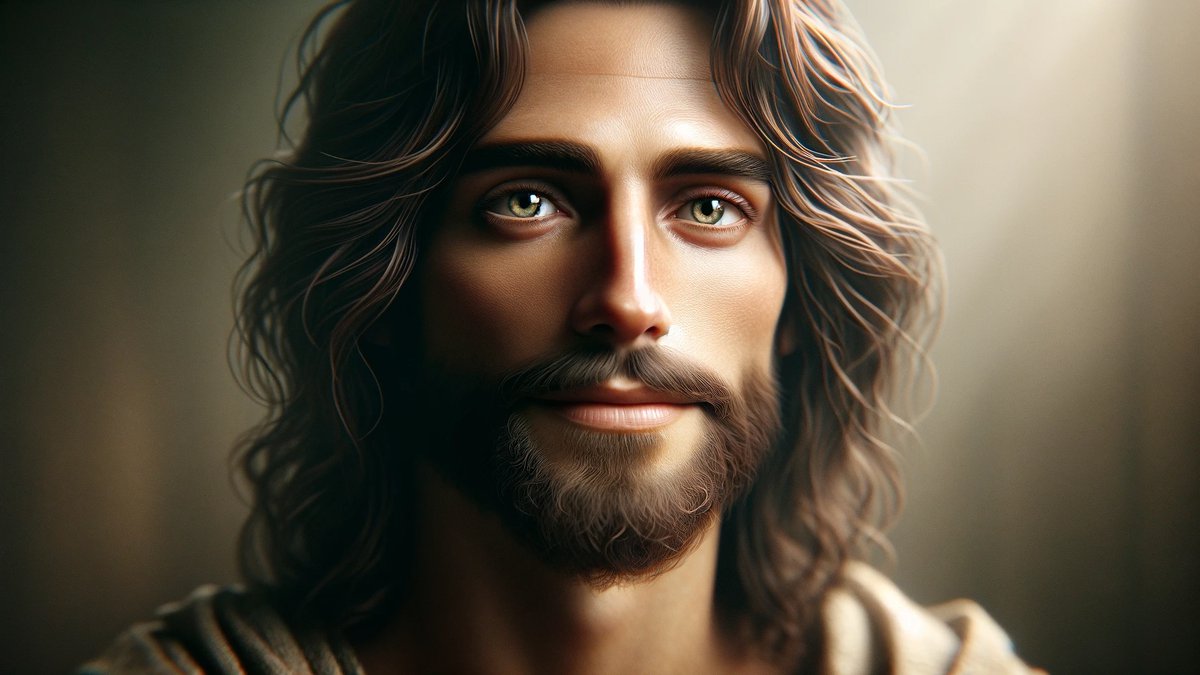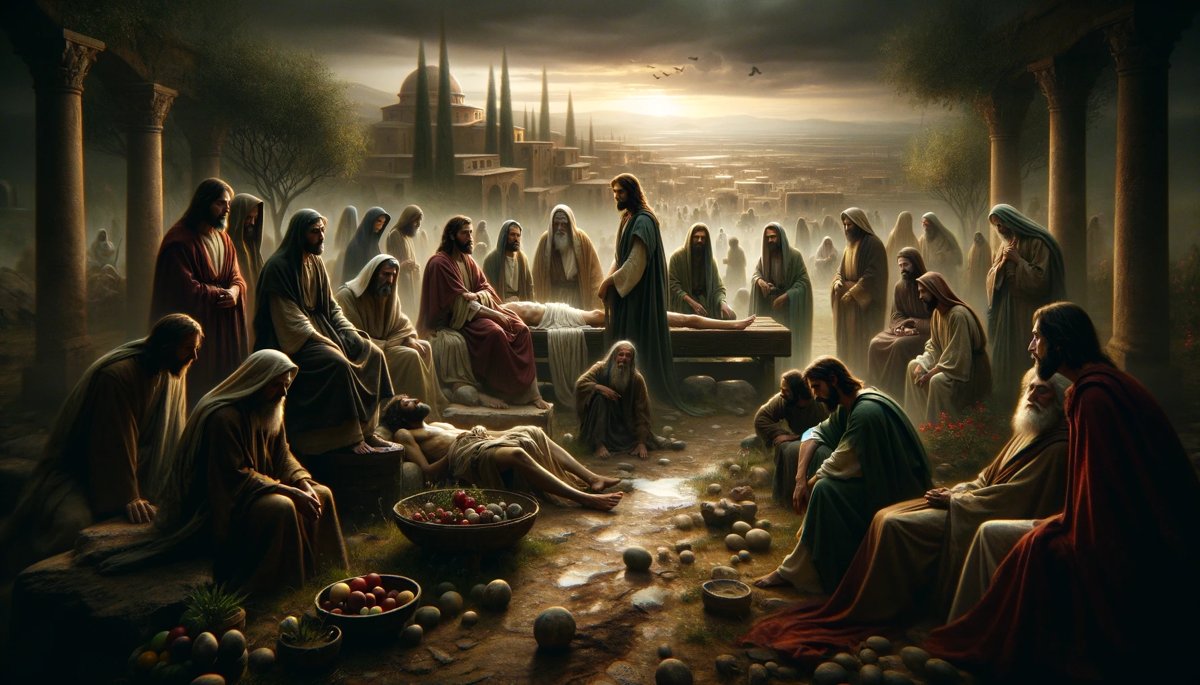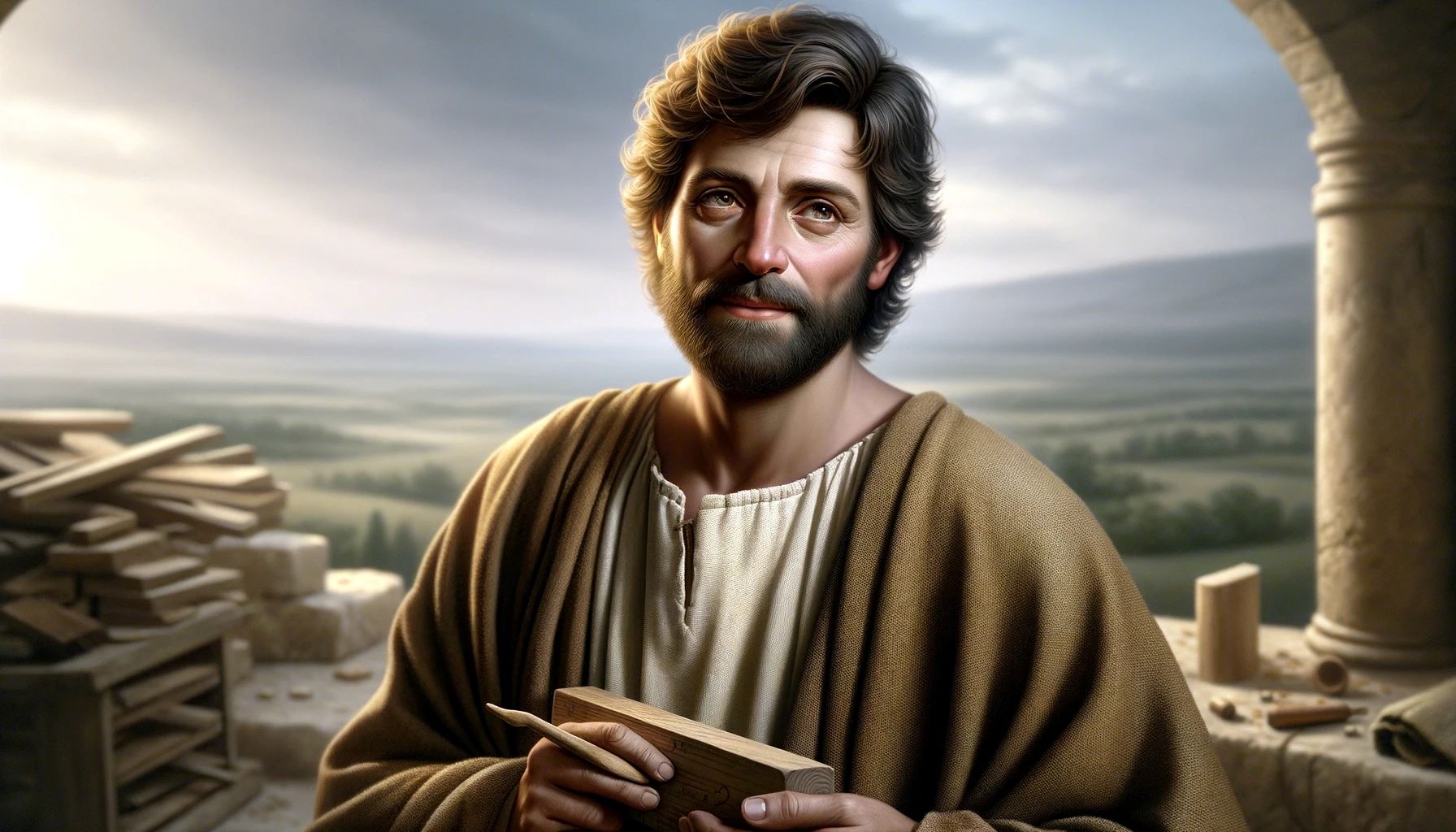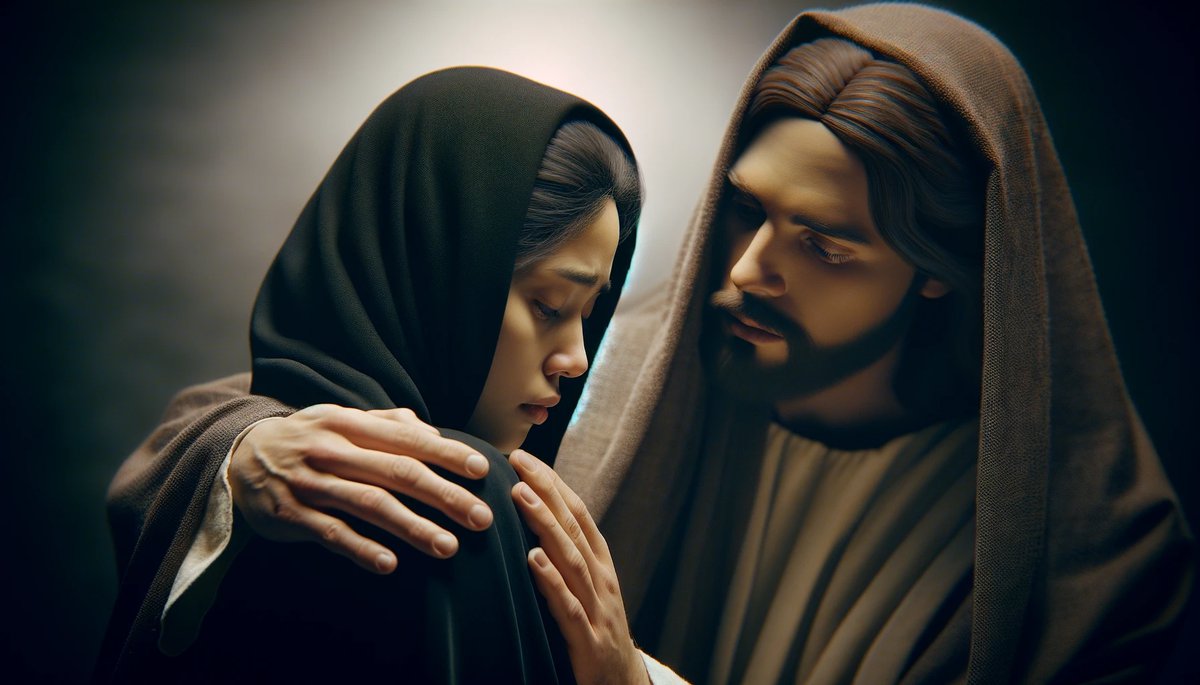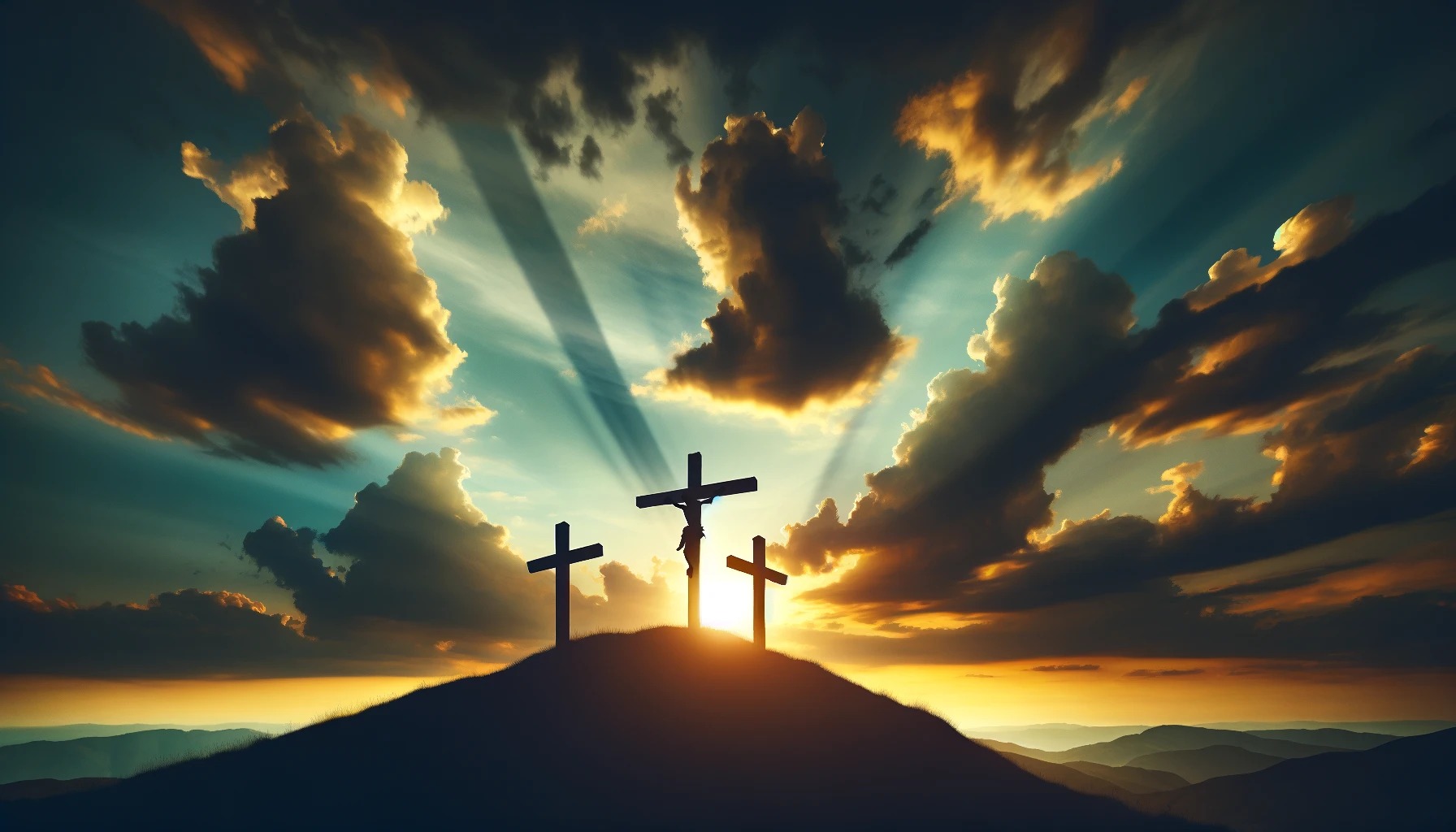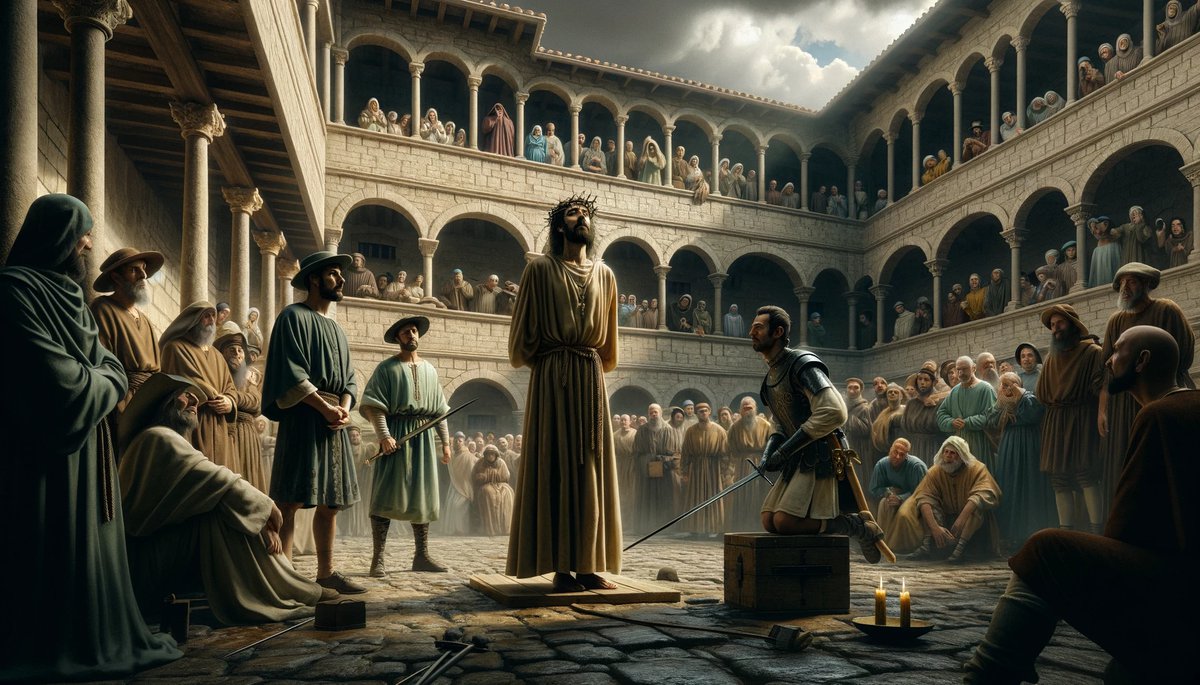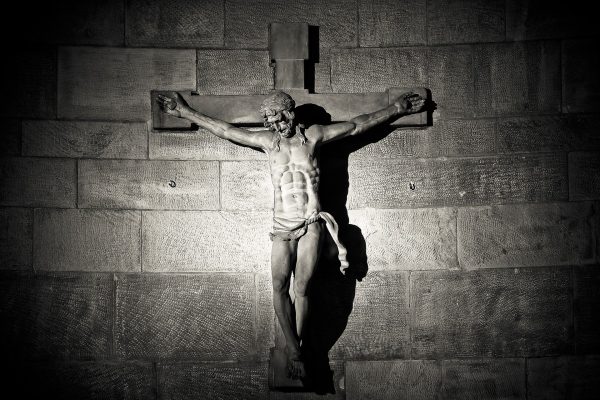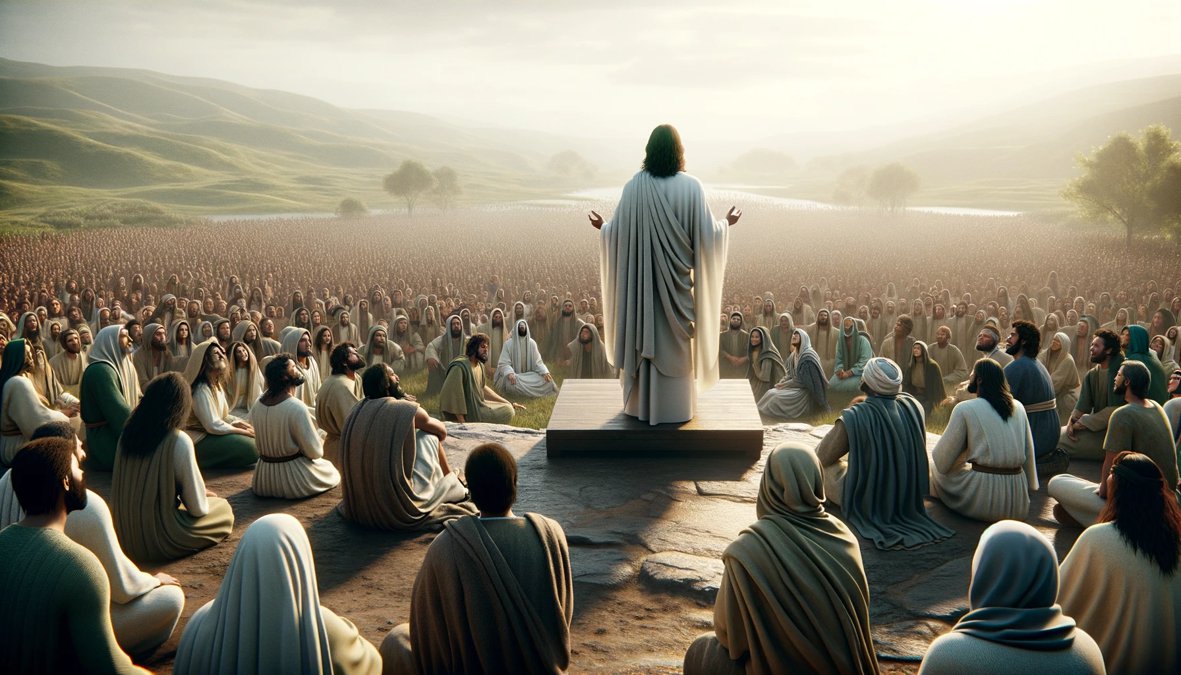Home>Christian Videos>Bible Stories>When Did Joseph, The Father Of Jesus Christ Die
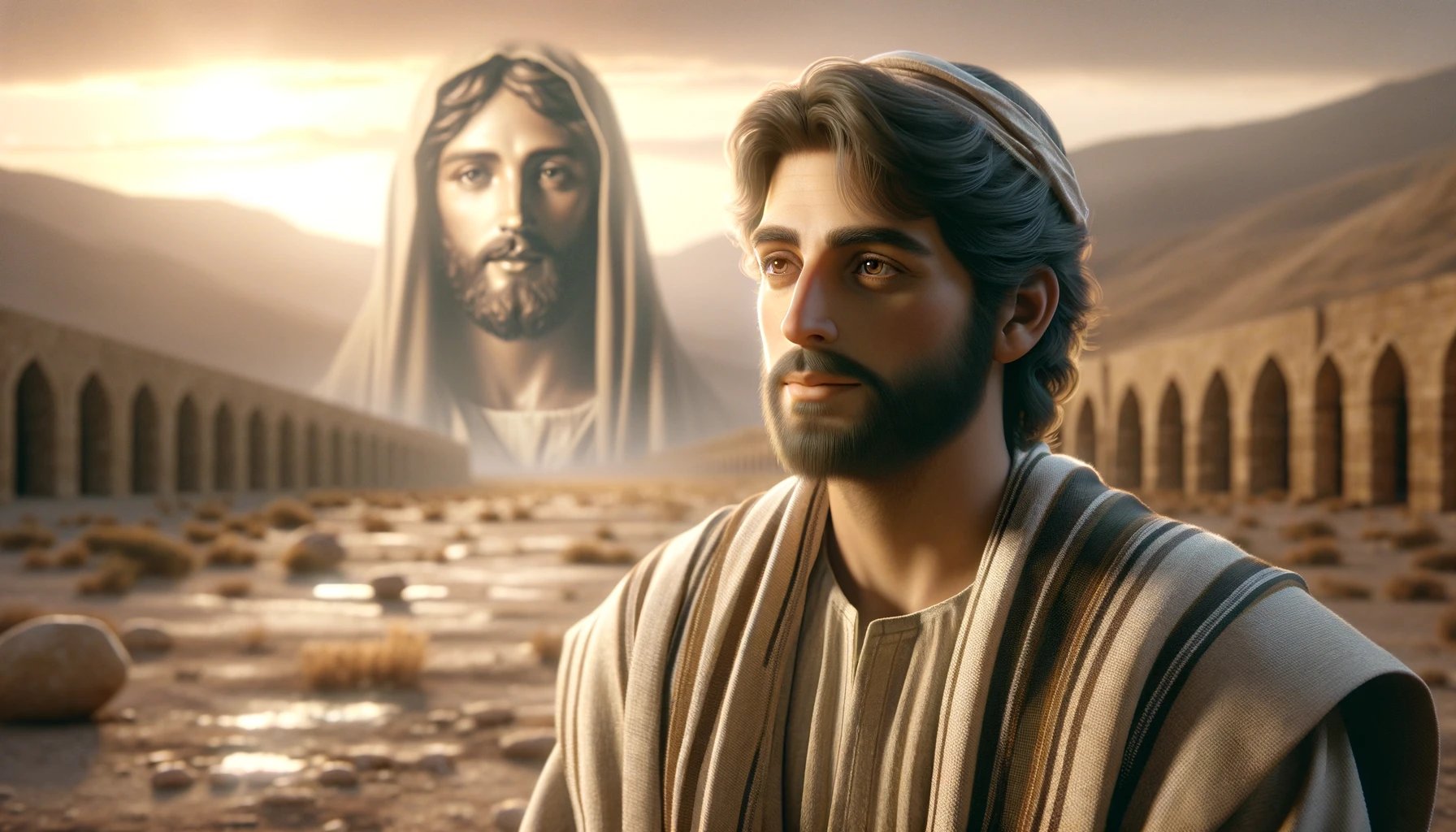

Bible Stories
When Did Joseph, The Father Of Jesus Christ Die
Published: March 2, 2024
Jason DeRose, Managing Editor at Christian.net, uses his expertise in religion and journalism to deepen understanding of faith's societal impacts. His editorial leadership, coupled with a strong academic background, enriches the platform’s diverse content, earning him recognition in both journalism and religious circles.
Discover the biblical account of the death of Joseph, the father of Jesus Christ, and its significance in the Bible stories. Explore the timeline and historical context.
(Many of the links in this article redirect to a specific reviewed product. Your purchase of these products through affiliate links helps to generate commission for Christian.net, at no extra cost. Learn more)
Table of Contents
Introduction
When did Joseph, the father of Jesus Christ, die? This question has been a topic of interest and debate among scholars and religious enthusiasts for centuries. The life and death of Joseph are shrouded in mystery, and various historical accounts and religious texts offer different perspectives on this significant figure. In this article, we will delve into the life of Joseph, explore the circumstances surrounding his death, and examine the historical accounts that shed light on this intriguing subject. Join us as we unravel the enigma of Joseph's passing and seek to understand the impact of his life and death on the narrative of Christianity.
Read more: Where Did Jesus Christ Die
The Life of Joseph
Joseph, also known as Saint Joseph, is recognized as the earthly father of Jesus Christ in Christian tradition. He is described as a devout and righteous man, a carpenter by trade, and a descendant of King David. According to the Gospel of Matthew, Joseph was betrothed to Mary, a young virgin, when he discovered that she was pregnant. Initially troubled by this revelation, Joseph was visited by an angel in a dream who reassured him of Mary's purity and the divine nature of her conception. Joseph obediently accepted his role as the earthly father of Jesus and took Mary as his wife.
As a loving and caring husband, Joseph provided for and protected his family, fleeing to Egypt to escape King Herod's massacre of the infants in Bethlehem. He raised Jesus in the town of Nazareth, teaching him the trade of carpentry and instilling in him the values of faith and righteousness. Joseph's unwavering support and guidance played a crucial role in shaping the life of Jesus and preparing him for his divine mission.
Though the New Testament provides limited details about Joseph's life, his steadfast devotion to his family and his obedience to the divine will have made him a revered figure in Christian belief. His humility, integrity, and unwavering faith have inspired countless individuals throughout history, and his significance as the earthly guardian of Jesus Christ remains a cornerstone of Christian faith and devotion.
The Death of Joseph
The death of Joseph, the earthly father of Jesus Christ, is a subject that has sparked considerable interest and speculation. The New Testament is notably silent on the details of Joseph's death, leading to various theories and interpretations regarding the circumstances surrounding his passing. Despite the absence of explicit accounts of his death, it is widely believed that Joseph passed away before Jesus began his public ministry. This assumption is based on the absence of any mention of Joseph during Jesus' adult life and ministry, suggesting that he was no longer present at that time.
The manner in which Joseph died remains a point of conjecture, with no definitive historical record or religious text providing a clear narrative of his passing. Some traditions hold that Joseph died a natural death in the presence of Jesus and Mary, surrounded by the love and care of his family. Others speculate that he may have passed away during Jesus' adolescence or early adulthood, leaving Mary as a widow. Despite the lack of concrete details, the impact of Joseph's death on the life of Jesus and the broader Christian narrative is profound, underscoring the human experience of loss and the enduring legacy of faith and devotion.
Joseph's death, while veiled in ambiguity, serves as a poignant reminder of the transient nature of human existence and the profound influence of familial bonds. His role as a loving and supportive father figure to Jesus and his unwavering commitment to his family exemplify the virtues of compassion, selflessness, and steadfast faith. Though the specifics of his death may remain elusive, the enduring significance of Joseph's life and legacy endures as a testament to the enduring power of love, faith, and the human experience.
Historical Accounts of Joseph's Death
-
Apocryphal Texts: Several apocryphal texts, such as the "Story of Joseph the Carpenter" and the "History of Joseph the Carpenter," provide accounts of Joseph's death. These texts, though not included in the canonical Bible, offer insights into early Christian beliefs and traditions surrounding Joseph's passing. The "Story of Joseph the Carpenter" depicts Joseph as an elderly man, passing away peacefully in the presence of Jesus and Mary, surrounded by divine light and heavenly comfort. These accounts emphasize the sacred nature of Joseph's death and its significance within the framework of Christian spirituality.
-
Early Church Tradition: Early Christian tradition and the writings of Church Fathers also offer perspectives on Joseph's death. While these accounts vary in their details, they generally affirm the belief that Joseph died before Jesus' public ministry. The early Church's reverence for Joseph as a righteous and virtuous man further underscores the importance of his passing within Christian theology and devotion.
-
Medieval and Renaissance Depictions: The medieval and Renaissance periods saw a proliferation of artistic representations of Joseph's death, often depicted as a peaceful and dignified event. These visual interpretations, found in paintings, sculptures, and religious iconography, reflect the enduring impact of Joseph's death on Christian artistic and cultural expression.
-
Contemporary Scholarship: Modern scholarship continues to explore the historical and theological dimensions of Joseph's death, drawing from a wide range of sources and interpretations. While the absence of explicit historical records presents challenges, contemporary scholars engage in critical analysis and interpretation to shed light on the enduring legacy of Joseph's life and death within the Christian tradition.
-
Cultural and Devotional Significance: Across diverse cultural and religious contexts, the death of Joseph holds profound significance. From devotional practices to religious art and literature, the impact of Joseph's passing resonates through the centuries, serving as a source of inspiration and contemplation for believers and scholars alike.
-
Theological Reflections: The theological implications of Joseph's death are a subject of ongoing reflection within Christian theology. His role as the earthly father of Jesus and his steadfast commitment to his family continue to inspire theological discourse on the nature of fatherhood, family, and the human experience within the divine plan.
-
Interfaith Dialogue: Joseph's death also serves as a point of intersection in interfaith dialogue, fostering discussions on the shared reverence for figures of spiritual significance across religious traditions. The exploration of Joseph's death transcends doctrinal boundaries, inviting diverse perspectives and interpretations that enrich the tapestry of religious understanding and dialogue.
In summary, the historical accounts of Joseph's death encompass a rich tapestry of textual, artistic, and theological expressions that illuminate the enduring significance of his life and legacy within the Christian tradition. From early apocryphal texts to contemporary scholarship, the exploration of Joseph's death continues to inspire contemplation, scholarship, and spiritual reflection, underscoring the timeless impact of this enigmatic figure within the narrative of Christianity.
Conclusion
In conclusion, the life and death of Joseph, the earthly father of Jesus Christ, remain a subject of profound significance and enduring mystery within the Christian tradition. While the New Testament provides limited details about Joseph's life and death, various historical accounts, apocryphal texts, early Church tradition, artistic depictions, and contemporary scholarship offer diverse perspectives on this enigmatic figure. Joseph's unwavering devotion to his family, his role as the earthly guardian of Jesus, and his steadfast commitment to righteousness continue to inspire contemplation, scholarship, and spiritual reflection. The impact of Joseph's life and death transcends doctrinal boundaries, inviting diverse perspectives and interpretations that enrich the tapestry of religious understanding and dialogue. As we continue to explore the historical, theological, and cultural dimensions of Joseph's death, we are reminded of the enduring legacy of faith, love, and the human experience within the divine plan. Joseph's life and death serve as a testament to the timeless power of familial bonds, steadfast devotion, and the enduring influence of figures of spiritual significance within the narrative of Christianity.
